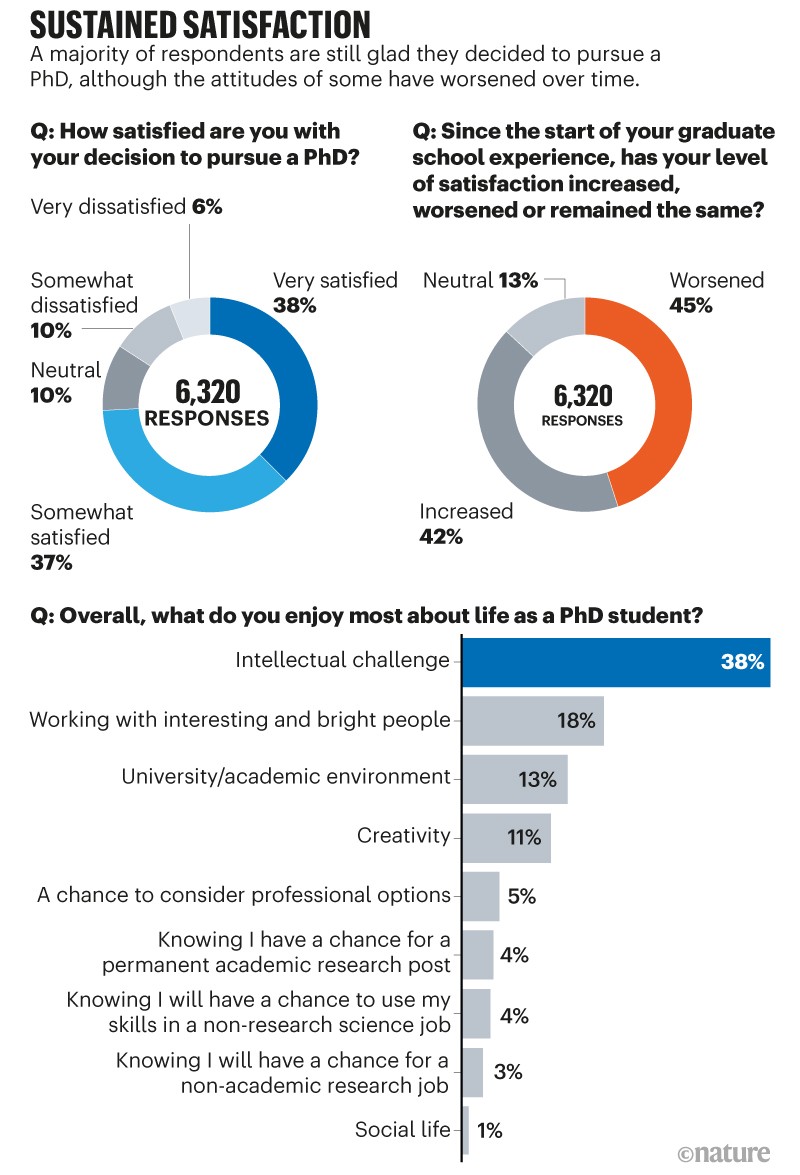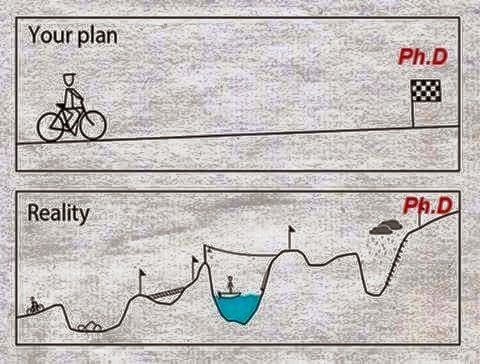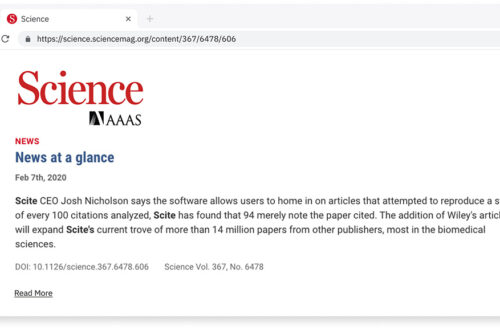Overview of Pursuing a PhD
Importance of a PhD Degree
Embarking on a journey to pursue a Ph.D. can open up a world of endless opportunities. It signifies expertise, dedication, and a profound commitment to research and academic excellence. A Ph.D. degree is not just a qualification but a badge of honor that showcases one’s intellectual capabilities and ability to contribute significantly to their field of study and society at large.
Challenges Faced by PhD Candidates
While the pursuit of a Ph.D. is rewarding, it comes with its fair share of challenges. From rigorous research requirements to balancing work and personal life, PhD candidates often navigate a demanding path that calls for resilience, time management, and unwavering determination. The journey, though arduous, is a testament to their passion for knowledge and their unwavering commitment to academic growth.

Rigorous Academic Requirements
Research Expectations
Embarking on the journey of pursuing a Ph.D. entails meeting rigorous academic requirements. Candidates must delve deep into research, demonstrate critical thinking skills, and contribute new knowledge to their field. This demands a high level of dedication, intellectual prowess, and the ability to think outside the box.
Publication Pressure
Moreover, aspiring Ph.D. holders face considerable publication pressure to disseminate their findings widely. This involves publishing research papers, articles, and presenting at conferences to share discoveries with the academic community. Navigating these demands requires time management, effective communication, and a zest for scholarly contributions.

Time and Commitment Required
Length of PhD Programs
Embarking on a Ph.D. journey involves understanding the significant time commitment required to complete the program. Ph.D. programs typically last anywhere from 3 to 7 years, depending on the field of study and research focus. Candidates should be prepared for the long haul and invest time in conducting in-depth research, attending seminars, and collaborating with peers and mentors.
Balancing Research and Personal Life
In addition to meeting academic requirements, balancing research commitments and personal life is essential. To navigate the demands of a Ph.D. program successfully, candidates must prioritize self-care, maintain a healthy work-life balance, and seek support from friends, family, and mentors. Finding harmony between research responsibilities and personal well-being is crucial for long-term success.

Financial Strain of Pursuing a PhD
Tuition and Fees
Embarking on a Ph.D. journey means understanding not only the time commitment but also the financial strain involved. Tuition and fees for Ph.D. programs can be substantial, and candidates need to plan ahead to manage these costs effectively. Seeking out funding opportunities, scholarships, and research grants can help alleviate some of the financial burden. It’s crucial for Ph.D. candidates to explore all available options to support their academic pursuits without compromising their financial well-being. By being proactive and resourceful, individuals can navigate the financial challenges of pursuing a Ph.D. successfully.

Intense Competition in Academia
Limited Job Prospects
Entering academia comes with the realization of the intense competition within the field. The reality of limited job prospects post-Ph.D. completion can add pressure to the pursuit. Candidates often face the challenge of meeting publication demands, adding to the competitive environment. Despite these hurdles, individuals can thrive by honing their skills, networking effectively, and staying updated with research trends. By approaching the academic journey with resilience and adaptability, aspiring scholars can navigate the competitive landscape successfully. It’s essential to stay focused on personal growth and academic excellence amidst the competition in academia.






